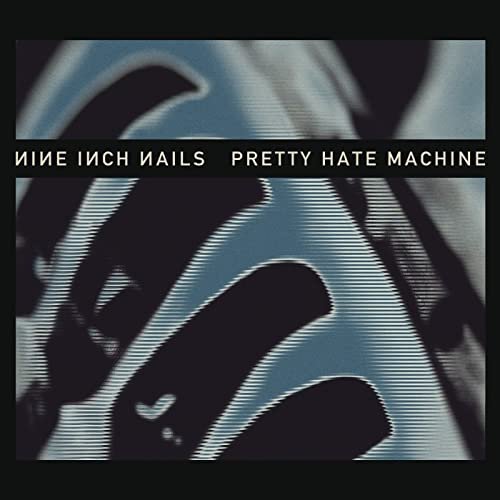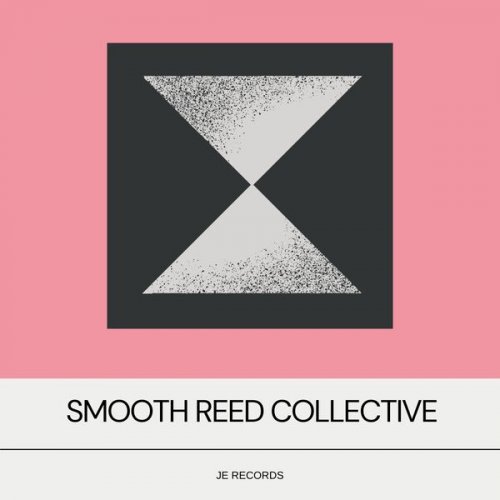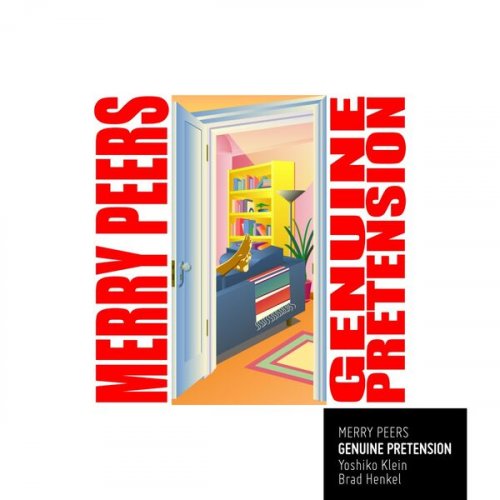Nine Inch Nails - Pretty Hate Machine (Remastered) (1989)

Artist: Nine Inch Nails
Title: Pretty Hate Machine (Remastered)
Year Of Release: 1989
Label: Concord Records
Genre: Industrial, Synth-pop
Quality: 320 kbps | FLAC (tracks)
Total Time: 00:53:08
Total Size: 122 mb | 377 mb
WebSite: Album Preview
Tracklist:Title: Pretty Hate Machine (Remastered)
Year Of Release: 1989
Label: Concord Records
Genre: Industrial, Synth-pop
Quality: 320 kbps | FLAC (tracks)
Total Time: 00:53:08
Total Size: 122 mb | 377 mb
WebSite: Album Preview
01. Nine Inch Nails - Head Like A Hole (Remastered)
02. Nine Inch Nails - Terrible Lie (Remastered)
03. Nine Inch Nails - Down In It (Remastered)
04. Nine Inch Nails - Sanctified (Remastered)
05. Nine Inch Nails - Something I Can Never Have (Remastered)
06. Nine Inch Nails - Kinda I Want To (Remastered)
07. Nine Inch Nails - Sin (Remastered)
08. Nine Inch Nails - That’s What I Get (Remastered)
09. Nine Inch Nails - The Only Time (Remastered)
10. Nine Inch Nails - Ringfinger (Remastered)
11. Nine Inch Nails - Get Down, Make Love (Remastered)
“The music I always liked as a kid was stuff I could bum out to and realize, ‘Hey, someone else feels that way, too,'” Trent Reznor said in 1990. “So if someone can do that with my music, it’s mission accomplished.” Led by the hit “Head Like a Hole,” Nine Inch Nails’ debut album took bleak Midwestern goth-industrial disco to the rock masses, a move that would shape pop culture just as much as Nirvana’s Nevermind did. When Reznor sang, “Grey would be the color if I had a heart,” on “Something I Can Never Have,” millions felt his pain.
Virtually ignored upon its 1989 release, Pretty Hate Machine gradually became a word-of-mouth cult favorite; despite frequent critical bashings, its stature and historical importance only grew in hindsight. In addition to its stealthy rise to prominence, part of the album's legend was that budding auteur Trent Reznor took advantage of his low-level job at a Cleveland studio to begin recording it. Reznor had a background in synth-pop, and the vast majority of Pretty Hate Machine was electronic. Synths voiced all the main riffs, driven by pounding drum machines; distorted guitars were an important textural element, but not the primary focus. Pretty Hate Machine was something unique in industrial music certainly no one else was attempting the balladry of "Something I Can Never Have," but the crucial difference was even simpler. Instead of numbing the listener with mechanical repetition, Pretty Hate Machine's bleak electronics were subordinate to catchy riffs and verse-chorus song structures, which was why it built such a rabid following with so little publicity. That innovation was the most important step in bringing industrial music to a wide audience, as proven by the frequency with which late-'90s alternative metal bands copied NIN's interwoven guitar/synth textures. It was a new soundtrack for adolescent angst noisily aggressive and coldly detached, tied together by a dominant personality. Reznor's tortured confusion and self-obsession gave industrial music a human voice, a point of connection. His lyrics were filled with betrayal, whether by lovers, society, or God; it was essentially the sound of childhood illusions shattering, and Reznor was not taking it lying down. Plus, the absolute dichotomies in his world there was either purity and perfection, or depravity and worthlessness made for smashing melodrama. Perhaps the greatest achievement of Pretty Hate Machine was that it brought emotional extravagance to a genre whose main theme had nearly always been dehumanization.
Virtually ignored upon its 1989 release, Pretty Hate Machine gradually became a word-of-mouth cult favorite; despite frequent critical bashings, its stature and historical importance only grew in hindsight. In addition to its stealthy rise to prominence, part of the album's legend was that budding auteur Trent Reznor took advantage of his low-level job at a Cleveland studio to begin recording it. Reznor had a background in synth-pop, and the vast majority of Pretty Hate Machine was electronic. Synths voiced all the main riffs, driven by pounding drum machines; distorted guitars were an important textural element, but not the primary focus. Pretty Hate Machine was something unique in industrial music certainly no one else was attempting the balladry of "Something I Can Never Have," but the crucial difference was even simpler. Instead of numbing the listener with mechanical repetition, Pretty Hate Machine's bleak electronics were subordinate to catchy riffs and verse-chorus song structures, which was why it built such a rabid following with so little publicity. That innovation was the most important step in bringing industrial music to a wide audience, as proven by the frequency with which late-'90s alternative metal bands copied NIN's interwoven guitar/synth textures. It was a new soundtrack for adolescent angst noisily aggressive and coldly detached, tied together by a dominant personality. Reznor's tortured confusion and self-obsession gave industrial music a human voice, a point of connection. His lyrics were filled with betrayal, whether by lovers, society, or God; it was essentially the sound of childhood illusions shattering, and Reznor was not taking it lying down. Plus, the absolute dichotomies in his world there was either purity and perfection, or depravity and worthlessness made for smashing melodrama. Perhaps the greatest achievement of Pretty Hate Machine was that it brought emotional extravagance to a genre whose main theme had nearly always been dehumanization.

![Tim Kliphuis, Maya Fridman, Marc van Roon - Kosmos (2025) [Hi-Res] Tim Kliphuis, Maya Fridman, Marc van Roon - Kosmos (2025) [Hi-Res]](https://www.dibpic.com/uploads/posts/2025-12/1765893448_folder.jpg)


![Travis Jenkins Piano Trio - Jazz in Meanjin 020 (Live at JMI) (2025) [Hi-Res] Travis Jenkins Piano Trio - Jazz in Meanjin 020 (Live at JMI) (2025) [Hi-Res]](https://www.dibpic.com/uploads/posts/2025-12/1765862611_a2068783921_10.jpg)



